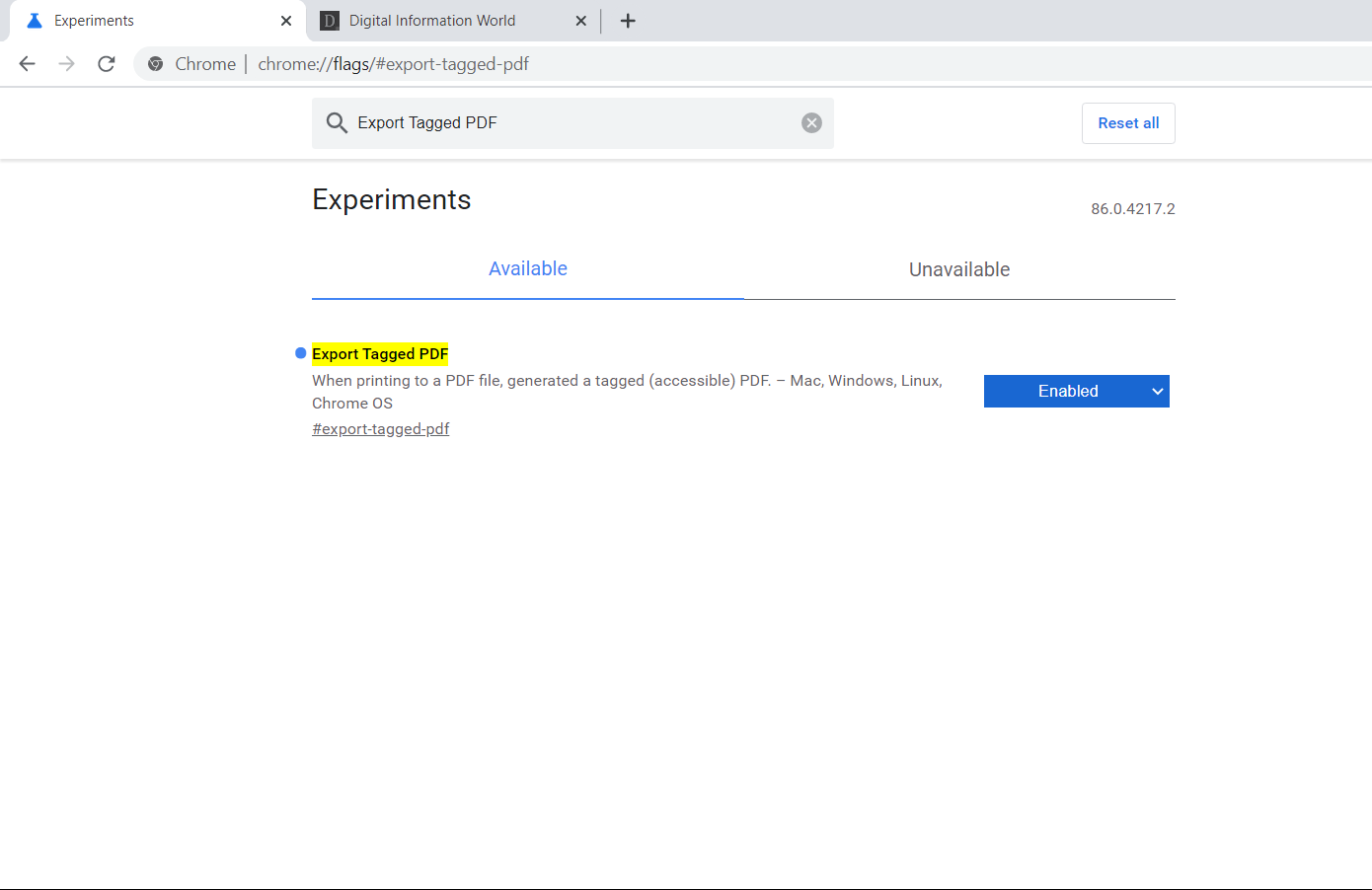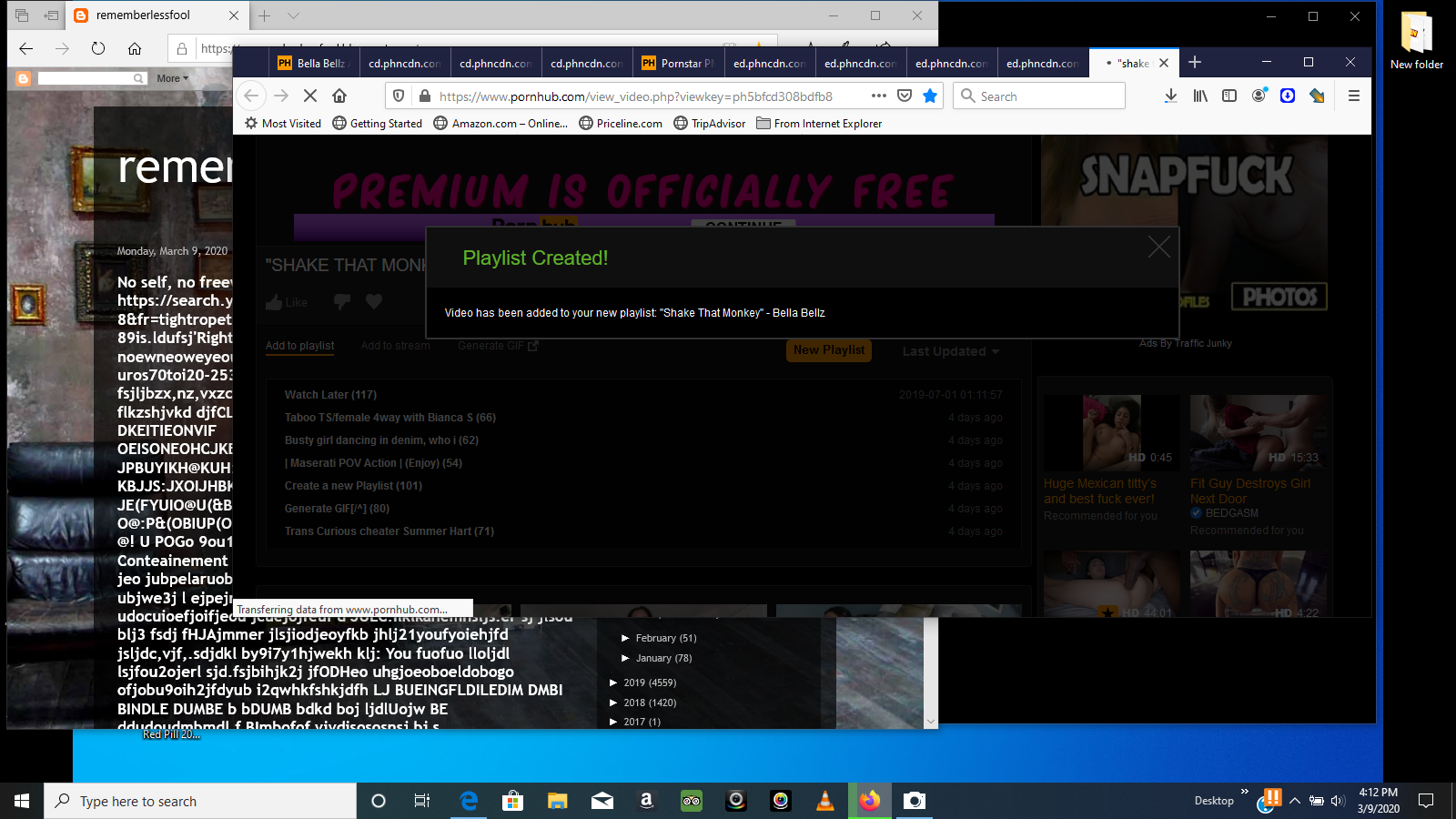Get more done with the new Google Chrome. A more simple, secure, and faster web browser than ever, with Google’s smarts built-in. Preview upcoming features before they’re released. Download Chrome Beta. For Windows 10/8.1/8/7 32-bit. For Windows 10/8.1/8/7 64-bit. Windows XP and Vista are no longer supported.
- Confused?Start here.
- Developers: Check out our testing and debugging tips.
- Adding `SameSite=None; Secure` to your cookies? Check the list of incompatible clients here.
- Check the list of Frequently Asked Questions (FAQ) for common scenarios and use cases.
Launch Timeline
Last updated Mar 18, 2021.
Latest update:
For the full Chrome release schedule, see here. For the SameSite-by-default and SameSite=None-requires-Secure launch timeline, see below:
- Early October, 2019: Experimental SameSite-by-default and SameSite=None-requires-Secure behavior launched to 50% of users on Chrome Canary and Dev (Chrome Canary and Dev versions 78+). Windows and Mac users on domain-joined devices and Chrome OS users on enterprise-registered devices will be excluded from the experiment. Chrome 78 Beta users will not receive the experimental behavior.
- October 31, 2019: Chrome 79 Beta released. Experiment extended to 50% of Chrome 79 Beta users, including domain-joined and enterprise-registered devices. Policies to manage the experimental behavior (see below) will be available on Chrome 79.
- Dec 10, 2019: Chrome 79 Stable released. Stable users on Chrome 79 will NOT receive the new SameSite behavior.
- Dec 19, 2019: Chrome 80 Beta released. Experimental behavior still enabled for 50% of Chrome 80 Beta users.
- February 4, 2020: Chrome 80 Stable released. The enablement of the SameSite-by-default and SameSite=None-requires-Secure enforcement will not be included in this initial Chrome 80 stable rollout. Please see the next item for more detailed information on the when SameSite enforcement will be enabled for Chrome 80 stable.
- February, 2020: Enforcement rollout for Chrome 80 Stable: The SameSite-by-default and SameSite=None-requires-Secure behaviors will begin rolling out to Chrome 80 Stable for an initial limited population starting the week of February 17, 2020, excluding the US President’s Day holiday on Monday. We will be closely monitoring and evaluating ecosystem impact from this initial limited phase through gradually increasing rollouts.
- March 2, 2020: The enablement of the SameSite enforcements has been increased beyond the initial population. However, it is still targeting an overall limited global population of users on Chrome 80 stable and newer. We continue to monitor metrics and ecosystem feedback via our tracking bug, and other support channels.
- March 9, 2020: The rollout population has been additionally increased, although it continues to target a fraction of the overall Chrome 80 stable population. We continue to monitor metrics and ecosystem feedback via our tracking bug, and other support channels.
- April 3, 2020: In light of the extraordinary global circumstances due to COVID-19, we’ve decided to temporarily roll back the enforcement of SameSite cookie labeling on Chrome 80 stable. We recognize the efforts of sites and individual developers who prepared for this change as part of our ongoing effort to improve privacy and security across the web. We appreciate the feedback from across the web ecosystem which has helped inform this decision. We will provide advance notice on here and the Chromium blog when we plan to resume the gradual rollout, which we’re now aiming for over the summer. Non-stable Chrome channels (e.g. Dev, Canary, and Beta) will continue with 50% enablement in Chrome 80 and later. More details on Chromium blog.
- May 28, 2020: We are planning to resume our SameSite cookie enforcement coinciding with the stable release of Chrome 84 on July 14, with enforcement enabled for Chrome 80+. (In other words, starting July 14, Chrome users on the older Stable releases (80, 81, and 83 -- for whom we recommend installing the latest update!) as well as the newly released Chrome 84 will gradually begin to receive the SameSite-by-default behavior.) Read more on our Chromium blog post.
- July 14, 2020: SameSite cookie enforcement has resumed, with a gradual rollout starting today (July 14) and ramping up over the next several weeks as we continue to monitor overall ecosystem readiness and engage with websites and services to ensure they are prepared for the SameSite labeling policy. The SameSite features are being enabled for Chrome Stable channel users on versions 80 and 81 (who should update Chrome!), 83, as well as the newly released 84.
- July 28, 2020: The rollout population has been increased to target a fraction of the overall Chrome 80+ stable population. We are monitoring metrics and ecosystem feedback on our tracking bug.
- Aug 11, 2020: The target rollout population has been increased to 100% of users on Chrome Stable versions 80 and above, and the actual proportion of users with the new behavior enabled is now ramping up to 100% gradually. Users will receive the new behavior when they restart Chrome.
 (Android S) and newer. Existing apps will not be affected until they choose to update to target Android 12. Android 12 has not yet been released. Existing apps can be tested with the new modern SameSite behavior by toggling the flag webview-enable-modern-cookie-same-site in the developer UI.
(Android S) and newer. Existing apps will not be affected until they choose to update to target Android 12. Android 12 has not yet been released. Existing apps can be tested with the new modern SameSite behavior by toggling the flag webview-enable-modern-cookie-same-site in the developer UI.
Chrome 84 Computer
- 'Lax + POST' does not result in the legacy behavior (i.e. the old behavior before the SameSite changes).
- “Lax + POST” is an intervention for Lax-by-default cookies (cookies that don’t specify a `SameSite` attribute) which allows these cookies to be sent on top-level cross-site POST requests if they are at most 2 minutes old. “Normal” Lax cookies are not sent on cross-site POST requests (or any other cross-site requests with a non-idempotent HTTP method such as PUT). This intervention was put in place to mitigate breakage to some POST-based login flows.
- If “Lax + POST” is affecting the cookies you are testing (i.e. if your cookie would have been excluded if not for the '+ POST' behavior due to its age), you will see a message in the DevTools console about the 2 minute threshold. This can be useful for debugging.
- For integration testing (if your cookie needs to be sent on cross-site POST requests), we recommend test cases with cookie age both below and above the threshold. For this, there is a command-line flag --enable-features=ShortLaxAllowUnsafeThreshold, which will lower the 2 minute threshold to 10 seconds, so that your test doesn’t have to wait for 2 whole minutes. This flag is available in Chrome 79.0.3945.16 and newer. (Note that if you are also using other --enable-features flags such as --enable-features=SameSiteByDefaultCookies,CookiesWithoutSameSiteMustBeSecure, you must append the feature name to the comma-separated list rather than use multiple --enable-features flags.)
- Note that the 2-minute window for 'Lax+POST' is a temporary intervention and will be removed at some point in the future (some time after the Stable launch of Chrome 80), at which point cookies involved in these flows will require `SameSite=None` and `Secure` even if under 2 minutes old.
Sept 30, 2019
Note (Jan 30, 2020): Check out our more detailed tips for testing and debugging.
Chrome 84 Samesite

To test whether your sites may be affected by the SameSite changes:
Go to chrome://flags and enable #same-site-by-default-cookies and #cookies-without-same-site-must-be-secure. Restart the browser for the changes to take effect.
Test your sites, with a focus on anything involving federated login flows, multiple domains, or cross-site embedded content. Note that, because of the 2 minute time threshold for the 'Lax+POST' intervention, for any flows involving POST requests, you may want to test with and without a long (> 2 minute) delay.
If your site stops working:
- Try turning off #cookies-without-same-site-must-be-secure. If this fixes the issue, you need to set `Secure` on any `SameSite=None` cookies your site may be relying upon. (This may require upgrading HTTP sites to HTTPS.)
- Try turning off both flags. If this fixes the issue, you need to identify the cookies being accessed in a cross-site context and apply the attributes `SameSite=None` and `Secure` to them. See 'SameSite cookies explained' for more information. If you are not the developer of the site, please reach out to the developer and/or vendor who authored the site.
- For flows involving POST requests, if a short delay (< 2 minutes) works but a long delay (> 2 minutes) does not work, you will also need to add `SameSite=None` and `Secure` to the relevant cookies if the operation in question may take longer than 2 minutes. Note that the 2-minute window for 'Lax+POST' is a temporary intervention and will be removed at some point in the future (some time after the Stable launch of Chrome 80), at which point cookies involved in these flows will require `SameSite=None` and `Secure` even if under 2 minutes.
- (Recommended) Apply the LegacySameSiteCookieBehaviorEnabledForDomainList policy to the specific domains on which cookies require legacy behavior.
- (Less recommended due to security and privacy implications) Apply the LegacySameSiteCookieBehaviorEnabled policy to revert all cookies to legacy behavior.
Chrome 84 Android
Sept 26, 2019
Starting in Chrome 80, cookies that do not specify a SameSite attribute will be treated as if they were SameSite=Lax with the additional behavior that they will still be included in POST requests to ease the transition for existing sites. Cookies that still need to be delivered in a cross-site context can explicitly request SameSite=None, and must also be marked Secure and delivered over HTTPS. We will provide policies if you need to configure Chrome Browser to temporarily revert to legacy SameSite behavior.
This section is obsolete: See Oct 2, 2019 update.While experiments for this change will be rolling out to Chrome 78 Beta users, the Beta SameSite experiment rollout will exclude Windows and Mac devices that are joined to a domain and Chrome OS devices that are enterprise-registered. Beta users on Linux, iOS, Android, and Android Webview will also not be affected by the experiments at this time. For Chrome Beta users unaffected by the experiments, there should be no change in behavior to login services or embedded content.
The new SameSite rules will become the default behavior on Stable in Chrome 80, but the changes will be limited to pre-Stable versions of Chrome until then.
Chrome 84 Download Mac
Chrome 84 Mac Dre
Policies to manage this behavior will be made available when it becomes the default behavior for Chrome 80. One policy will allow administrators to specify a list of domains on which cookies should be handled according to the legacy behavior, and second policy will provide the option to set the global default to legacy SameSite behavior for all cookies. More details about these policies will follow in future enterprise release notes before the Chrome 80 release.
Chrome 84 Apk
Chrome continues to engage with members of the web community and welcomes input on these SameSite changes via our forum: https://groups.google.com/a/chromium.org/forum/#!forum/blink-dev
Chrome 84 Mac
